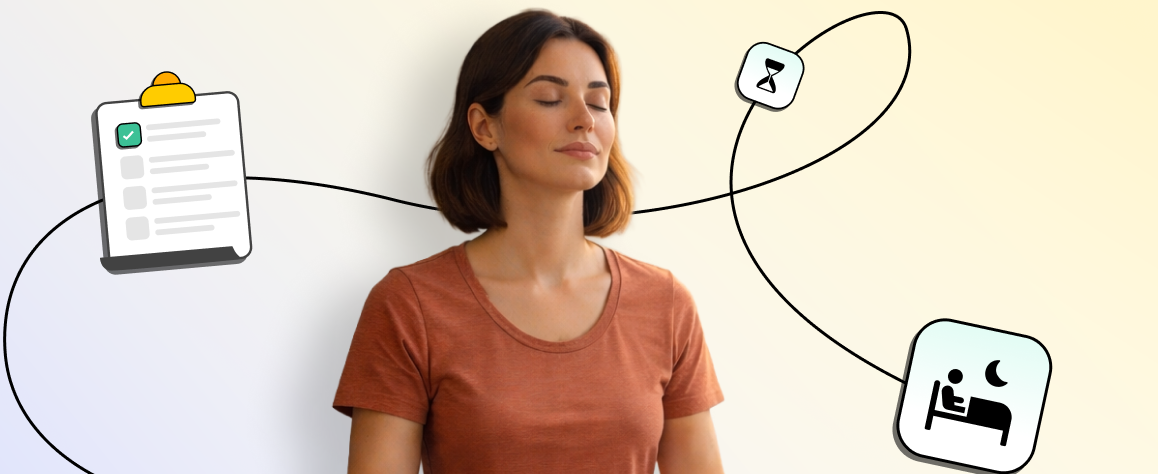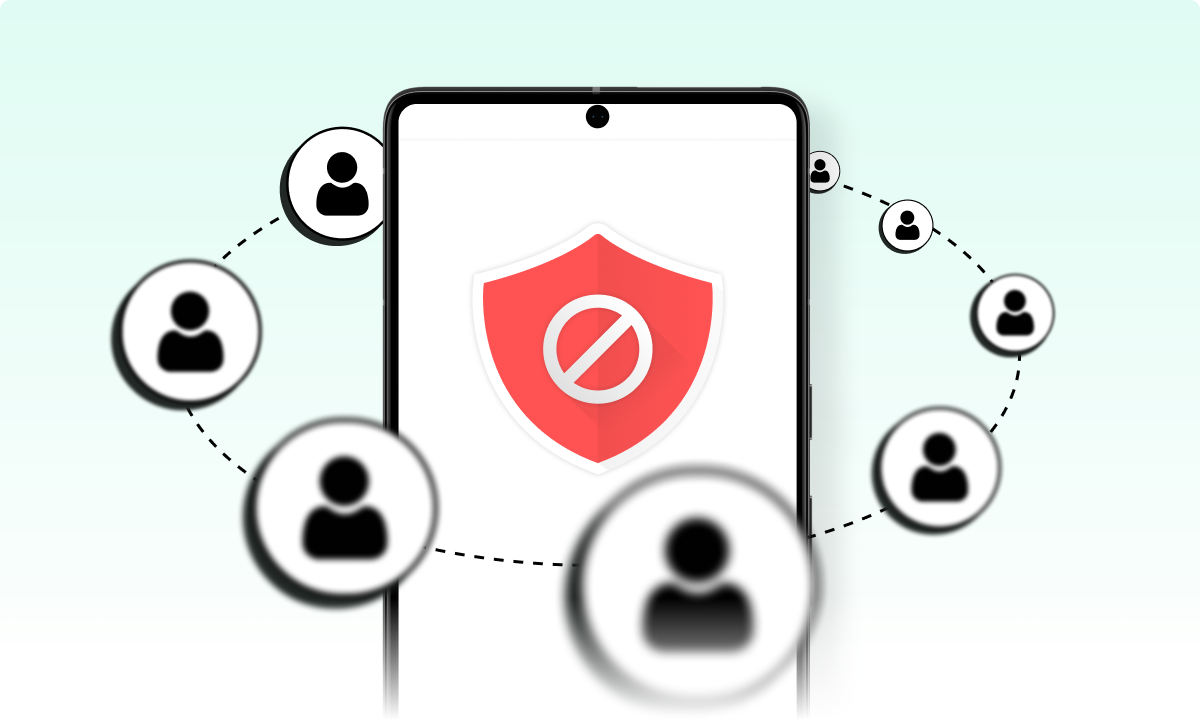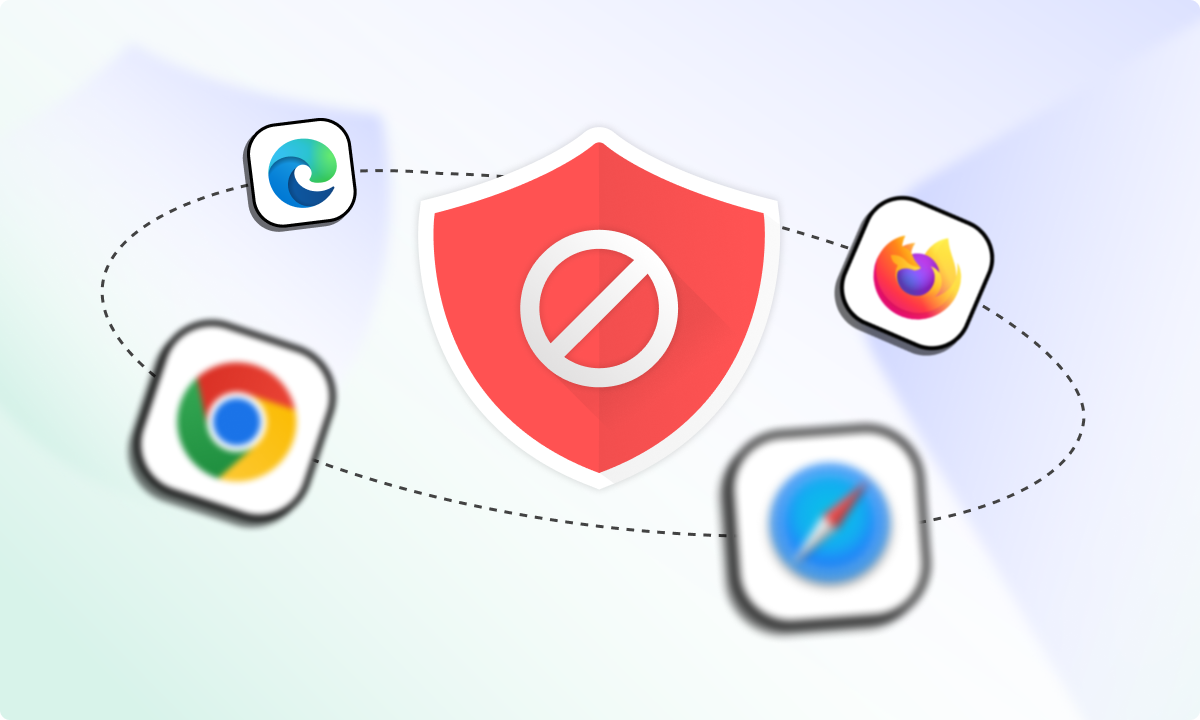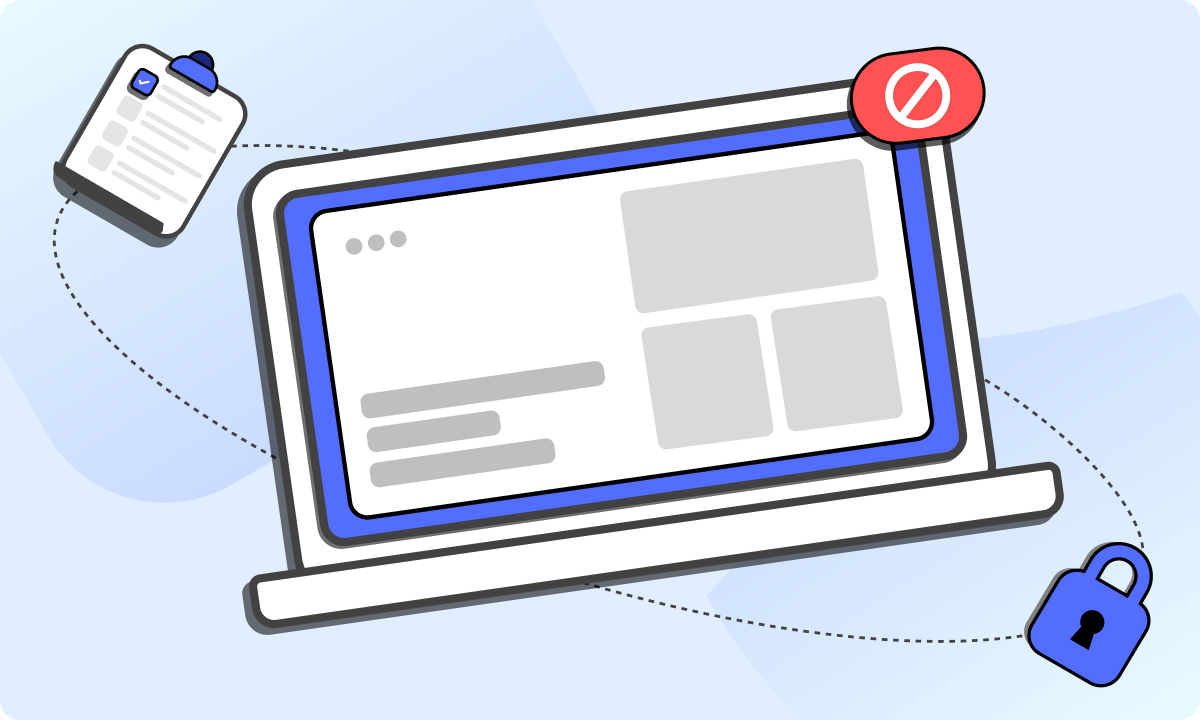Work stress, often unnoticed, has emerged as a significant concern in today’s dynamic and high-pressure work environment.
A revealing report from The American Institute of Stress highlights that 40% of employees describe their job as very or extremely stressful. Furthermore, the Centers for Disease Control and Prevention highlighted that data from the Bureau of Labor Statistics indicates that employees taking leave due to stress, anxiety, or related disorders typically require an absence of approximately 20 days.
This statistic underscores the profound impact of workplace stress on both individual well-being and organizational productivity. So how can we effectively manage this stress and maintain productivity? This comprehensive guide offers innovative strategies to reduce stress at work, ensuring a healthier, more balanced professional life.
How to Reduce Stress and Anxiety at Work
Managing stress and anxiety effectively is crucial for a healthy and productive work environment. We introduce practical strategies and techniques designed to alleviate workplace stress and anxiety, promoting a more balanced and fulfilling professional experience.
1. Empower Your Workday with BlockSite’s Cutting-Edge Tools
Managing stress effectively is crucial especially if you’re in a fast-paced work environment, One innovative solution is BlockSite, a versatile tool designed to enhance focus and productivity while minimizing work-related stress. Let’s look into its key features:
A. Block Apps
This feature, available exclusively on Android and iOS apps, is a game-changer for those easily distracted by smartphone applications. Whether it’s social media, games, or messaging apps, BlockSite allows you to block these distractions during work hours.

This helps maintain a focused mindset, leading to increased productivity and reduced stress. Imagine a workday where your concentration is unbroken by the constant buzz of app notifications – that’s what BlockSite offers.
B. Redirect
Available on both mobile apps and browser extensions, the Redirect feature is a unique approach to managing online distractions. Instead of just blocking distracting websites, it redirects you to more productive or calming sites.

This not only prevents you from visiting time-wasting sites but also encourages a more constructive use of your internet time. For instance, if you habitually visit news websites that may increase your stress, Redirect can guide you towards a mindfulness blog or a productivity tool, subtly shifting your online behavior towards your goal on how to reduce work related stress.
C. Block List
Exclusive to the browser extension, the Block List feature allows you to create a customized list of your most blocked sites. This personalization ensures that your online environment is tailored to your specific productivity needs.

You can also set this tool to block websites temporarily or permanently, depending on your preferences. Whether it’s blocking news sites that trigger anxiety or forums that eat up your time, the Block List puts you in control of your online experience, directly contributing to a more focused and less stressful workday.
D. Block by Keywords
This versatile feature, available across all platforms, lets you block websites based on specific keywords. This is particularly useful for filtering out content that you find distracting or stress-inducing.

By setting up keyword filters, you ensure that your online searches and website visits remain aligned with your work tasks, thereby reducing the likelihood of encountering stress triggers during your workday.
2. Creative Breaks: Unleashing Your Inner Artist
Taking regular breaks is essential for maintaining productivity and is another effective strategy on how to reduce stress levels at work. However, not all breaks are created equal. Engaging in creative activities during your breaks can have a profound impact on your stress levels and overall well-being.
Simple activities can act as a mental reset, giving your brain a much-needed break from work-related thoughts. You can do the following:
- Drawing
- Listening to music
- A simple doodle
These creative pursuits provide a sense of accomplishment, boost your mood, and re-energize you for the tasks ahead. They also stimulate different parts of the brain, fostering creative problem-solving skills that can be beneficial in your work.
3. Open Communication: The Key to Stress-Free Work Environment
Open communication in the workplace is vital for stress management. It involves creating an environment where employees feel comfortable sharing their thoughts, concerns, and ideas.
Regular check-ins with colleagues and supervisors can help in identifying potential stressors early on and finding collaborative solutions. This open dialogue fosters a supportive work culture, where employees feel valued and understood. Moreover, it helps in clarifying expectations and responsibilities, which can significantly reduce work-related anxiety and confusion.
4. Physical Wellness: The Foundation of Mental Strength
Physical wellness plays a crucial role in managing stress at work. These are the foundational elements that impact our ability to handle stress:
- Regular exercise
- Balanced diet
- Adequate sleep
Exercise, in particular, is a powerful stress reliever. It not only improves physical health but also releases endorphins, chemicals in the brain that act as natural painkillers and mood elevators. Incorporating physical activity into your daily routine can significantly improve your stress resilience. You can do the following:
- A morning workout
- A lunchtime walk
- An evening yoga session
Similarly, a balanced diet provides the necessary nutrients for brain health, while adequate sleep ensures you are well-rested and ready to tackle the day’s challenges.
5.Mindfulness and Meditation: Pathways to Inner Peace
Mindfulness and meditation are gaining recognition for enhancing mental clarity and serve as effective methods for how to reduce stress at the workplace. These practices involve focusing on the present moment and acknowledging your thoughts and feelings without judgment.
Look: Regular mindfulness exercises can enhance your ability to concentrate, reduce the tendency to react impulsively to stressful situations, and improve your overall emotional regulation.
Even a few minutes of meditation during the workday can help in resetting your stress levels, leading to a calmer, more composed approach to your work tasks.
Transforming Stress into Success at Work
Mastering stress management in the workplace is not just about coping; it’s about thriving. Utilizing tools like BlockSite empowers you to create an environment conducive to focus and productivity. Remember, the key to reducing stress lies in a balanced approach that includes technology, lifestyle changes, and personal well-being strategies.
Adopting these practices can lead to a more fulfilling work experience, where challenges are met with resilience and calm. Let’s redefine our workdays, turning them into opportunities for growth and success, free from the constraints of overwhelming stress. With the right tools and mindset, a stress-reduced work life isn’t just a possibility; it’s within your grasp.
FAQs
What are some quick stress-relief techniques for busy workdays?
In the midst of a hectic schedule, quick stress-relief methods can be a lifesaver. Techniques such as deep breathing exercises, brief meditative sessions, or even a short walk can significantly lower stress levels. Additionally, engaging in a quick, enjoyable activity, like listening to a favorite song or a brief stretching routine, can provide an immediate sense of relief and rejuvenation.
How can regular physical activity impact my work-related stress?
Regular physical activity is a powerful tool against work-related stress. Exercise not only improves physical health but also boosts endorphins, the body’s natural mood elevators. Activities like jogging, yoga, or even a brisk walk during lunch breaks can enhance mental clarity, improve mood, and increase energy levels, making it easier to handle workplace challenges.
What role does a balanced diet play in managing workplace stress?
A balanced diet plays a crucial role in managing stress at work. Nutritious foods provide the essential vitamins and minerals needed for optimal brain function, impacting mood and stress levels. Incorporating a variety of fruits, vegetables, whole grains, and lean proteins into your diet can help stabilize blood sugar levels, keeping energy and mood more consistent throughout the workday.
How can mindfulness practices enhance my professional performance?
Mindfulness practices, such as focused breathing, meditation, or mindful walking, can significantly enhance professional performance. These practices help in cultivating a state of present-moment awareness, reducing the tendency to react impulsively to workplace stressors. Regular mindfulness practice can lead to improved concentration, better decision-making skills, and a greater ability to approach work challenges with calm and clarity.
What are the long-term benefits of maintaining a low-stress work environment?
Maintaining a low-stress work environment offers numerous long-term benefits. It can lead to higher job satisfaction, improved employee morale, and increased productivity. Additionally, a stress-reduced atmosphere contributes to better overall mental and physical health for employees, resulting in fewer sick days, lower healthcare costs, and a more positive workplace culture. This not only benefits the individual employees but also enhances the overall success and reputation of the organization.
Boost your work performance. Download BlockSite for stress-free productivity






